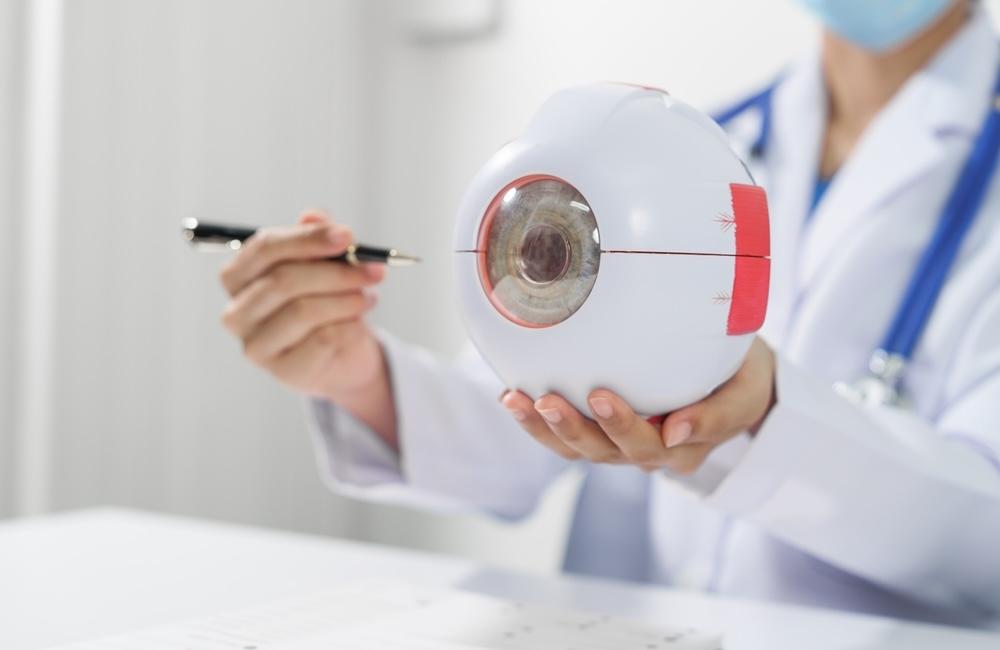Intravitreal Injections
What is an Intravitreal Injection?
Intravitreal injections offer a targeted approach to treating various eye conditions, providing hope for maintaining or enhancing vision. While the procedure may seem daunting, understanding its purpose and following aftercare instructions diligently can lead to positive outcomes. If you're considering or scheduled for an intravitreal injection, rest assured that you're taking a proactive step towards better eye health and vision. An intravitreal injection involves administering medication into the vitreous, the gel-like substance that fills the eye, near the retina. At Edgbaston Eye Consultants, we believe they are best performed by a trained ophthalmologist. The procedure targets specific eye issues and aids in preserving or improving vision.
Intravitreal injections may sound complex, but they're actually a straightforward procedure aimed at delivering medicine directly into the eye to treat various eye conditions. Let's see what intravitreal injections involve, their purpose, and what to expect during and after the procedure.

Intravitreal injections are used to treat:
- Macular degeneration: A progressive eye disease affecting central vision.
- Macular edema: Swelling of the macula, crucial for sharp vision.
- Diabetic retinopathy: A complication of diabetes leading to abnormal blood vessel growth in the retina.
- Uveitis: Inflammation within the eyeball.
- Retinal vein occlusion: Blockage of veins draining blood from the retina.
- Endophthalmitis: Infection within the eye.

We Can Help With
Preparation and Injection
Before the injection, numbing and cleansing drops will be applied. We will lie you down on a reclining chair and the medication is injected near the retina using a small needle. You may feel pressure but not pain.
Post Procedure and Aftercare
Antibiotic drops are given immediately after surgery, you will be sent home with lubricant drops to protect your ocular surface. Specific instructions regarding eye care will be provided. After the procedure, you might experience sensations like pressure and grittiness, along with minor bleeding and temporary eye floaters. It's crucial to refrain from rubbing your eyes, avoid swimming for a week, and use prescribed eye drops diligently. Any unusual symptoms should be promptly reported to your healthcare provider.
